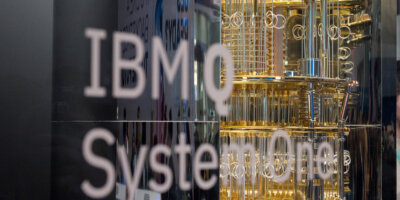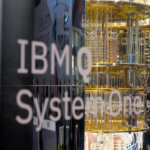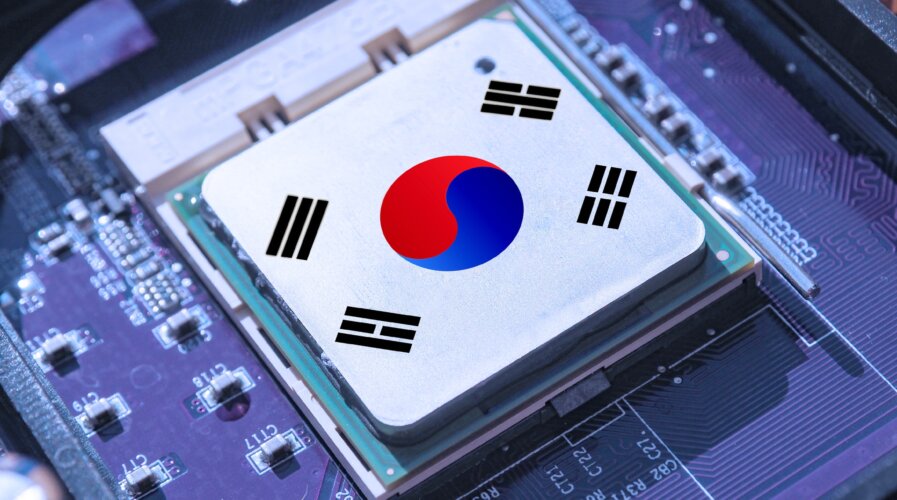
AI and quantum computing is gaining momentum in South Korea. (Image – Shutterstock)
Quantum computing and AI getting a boost in South Korea
- South Korea is hoping to become a leader in AI and quantum computing.
- The country is increasing its financial investment in these areas of technology.
- Quantum security specialist Norma signed a MoU to introduce and expand quantum computers in South Korea.
South Korea has a long history of being an early adopter of emerging technologies. After all, the country is home to Samsung, Kia, and K-Pop, all of which contribute to technology in unique ways. But when it comes to quantum computing and artificial intelligence (AI), South Korea has been playing catch up instead of being the innovator it has been in the mobile phone market. But that does not mean that technology is slow in the country.
South Korea had 50.56 million internet users at the start of 2023, when internet penetration stood at 97.6%. South Korea is also home to 47.64 million social media users as of January 2023, equating to 92% of the total population.
While the country may not be leading in quantum computing and AI, it has emerged as a prominent player in the global semiconductor industry. The country’s dominance in memory chips and plans for a robust AI ecosystem could give it an advantage in the global AI chip race.
In fact, in quantum computing and AI, the government has just begun advocating more funding for improving and enhancing the development of these technologies.
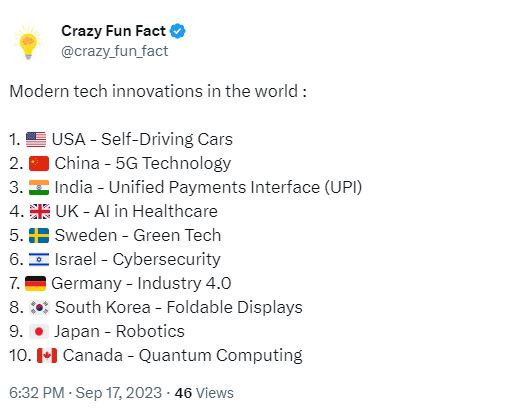
Leading technology in each country.
Chipmaking and AI in South Korea
When it comes to AI in chip-making, it’s a different scenario. South Korea is a leader in memory chips, so the Korean government wants to foster a domestic industry. According to a Reuters report, the government plans to invest more than US$800 million in research and development over the next five years. The aim is to lift the market share of Korean AI chips to around 80% by 2030.
But apart from chipmaking, AI has also made headlines for other use cases. South Korea’s biggest internet search company, Naver, recently unveiled Cue, its version of ChatGPT. Cue’s conversational AI model, Clova X, will be rolled out next month. Based on Cue’s large language model HyperClova X, Clova X can handle voice and text, and be combined with other services like maps.
In a report by Nikkei Asia, Sung Nako, head of HyperClova X, claimed that Cue had better results than ChatGPT-3.5 in internal testing, expressing confidence that the model could effectively compete with its rivals. He said the company is using a localization strategy to target the South Korean market.
However, more AI innovations are happening in South Korea. According to the South Korean media, some startups in South Korea have developed AI-backed Bible reading and prayer service apps. They include Meadow, a ChatGPT-based Bible chatbot service developed by South Korean company Awake.
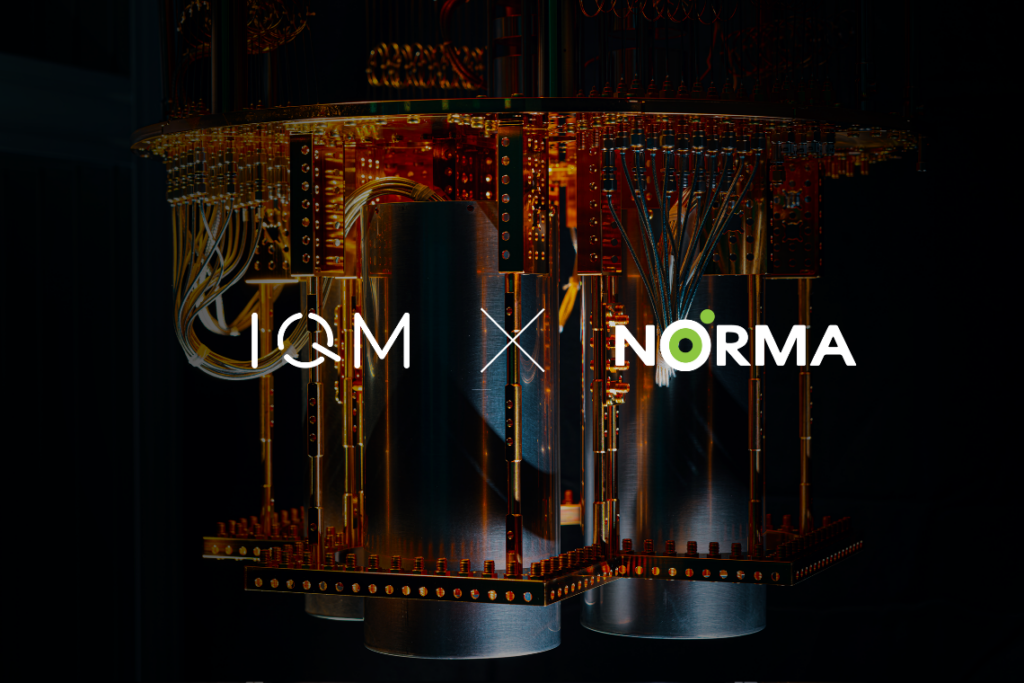
Norma and IQM Quantum Computers sign MoU, paving the way for the introduction of quantum computers in South Korea
From AI to quantum computing
As AI continues to see innovation in South Korea, quantum computing is also accelerating. South Korea may be a slow starter in quantum computing, but it also realizes the importance of being part of the tech development.
Earlier this year, the South Korean government announced plans to invest US$2.3 billion in quantum science and technology by 2035. That may be more than a decade away, but it is still driving the private sector and universities into developing research on quantum computing. The Korean Institute of Science and Technology (KIST) has been researching the field.
In a recent update, Norma, a quantum security specialist company, entered into a Memorandum of Understanding (MoU) with IQM Quantum Computers to initiate the introduction and expansion of quantum computers in South Korea. Both companies have agreed to collaborate in various areas, including developing applications using quantum algorithms and joint implementation of quantum education programs.
Norma’s CEO, MJung Hyunchul, emphasized the importance of expanding quantum computing usage to accelerate quantum technology development and commercialization. “We will increase opportunities for people to experience quantum computing through projects such as quantum education programs and application projects in collaboration with IQM,” he said.
IQM, on the other hand, has been actively engaging and sharing its technological development updates with policymakers, academia, quantum technology experts, and companies in the Asia-Pacific (APAC) region. IQM has been participating in several quantum initiatives in South Korea, such as Quantum Korea 2023, where the company exhibited its quantum technology achievements and capabilities.
Dr. Jan Goetz, CEO and co-founder of IQM Quantum Computers, hoped the partnership would contribute to the country’s strategic goal of becoming a global quantum technology powerhouse by 2035.
The country has also signed partnerships with tech companies to train and develop quantum computing talent. While South Korea may not be a leader in AI and quantum computing, the country is headed in the right direction regarding developing and using the technology.
READ MORE
- Safer Automation: How Sophic and Firmus Succeeded in Malaysia with MDEC’s Support
- Privilege granted, not gained: Intelligent authorization for enhanced infrastructure productivity
- Low-Code produces the Proof-of-Possibilities
- New Wearables Enable Staff to Work Faster and Safer
- Experts weigh in on Oracle’s departure from adland



